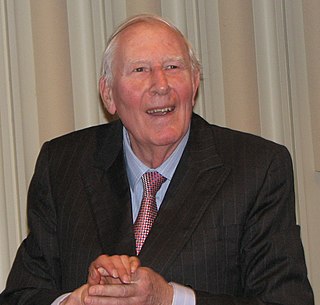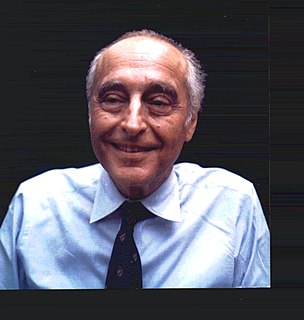A Quote by Jonathan Trigell
New technologies are a good thing but we must consider how they will impact on us so that, when they become achievable, they aren't allowed to run amok.
Related Quotes
If we are willing to concede the President dictatorial authority where we happen to agree with him, as liberals have tended to do over the years, we will have little chance of tying his hands when we do not....You will see why many of us in the Congress understand how Dr. Frankenstein must have felt when his creation ran amok.
We run, not because we think it is doing us good, but because we enjoy it and cannot help ourselves...The more restricted our society and work become, the more necessary it will be to find some outlet for this craving for freedom. No one can say, 'You must not run faster than this, or jump higher than that.' The human spirit is indomitable.
When you make that transition to being a head coach, there's so much more you have to think of and consider. You're constantly thinking, 'How does this impact our culture? How does this impact us two, three steps down the road?' It's thinking big picture, and all of those things come with time. It's a great challenge.
The onus is on us to determine whether free societies in the twenty-first century will conduct electronic communication under the conditions of freedom established for the domain of print through centuries of struggle, or whether that great achievement will become lost in a confusion of new technologies.
Digital technologies are setting down the new grooves of how people live, how we do business, how we do everything--and they're doing it according to the expectations of foolish utopian scenarios. We want free online experiences so badly that we are happy to not be paid for information that comes from us now or ever. That sensibility also implies that the more dominant information becomes in our economy, the less most of us will be worth.
Our marvelous new information technologies boost our power and opportunities for political engagement, but they can also disempower us by contributing to extreme political mobilization that sometimes overwhelms our institutions. These institutions were designed for rural societies operation at a tiny fraction of today's speed and with a citizenry vastly less capable that today's. It's unclear how they will change to adapt to the new reality, but change they must.
We must have a new mythology, but it must place itself at the service of ideas, it must become a mythology of reason. Mythology must become philosophical, so that the people may become rational, and philosophy must become mythological, so that philosophers may become sensible. If we do not give ideas a form that is aesthetic, i.e., mythological, they will hold no interest for people.
It teaches us how to run our lives individually. How to run our families, how to run our churches. But it teaches us how to run all our public policy and everything in society. And that's the reason, as your congressman, I hold the Holy Bible as being the major directions to me of how I vote in Washington, D.C., and I'll continue to do that.



































